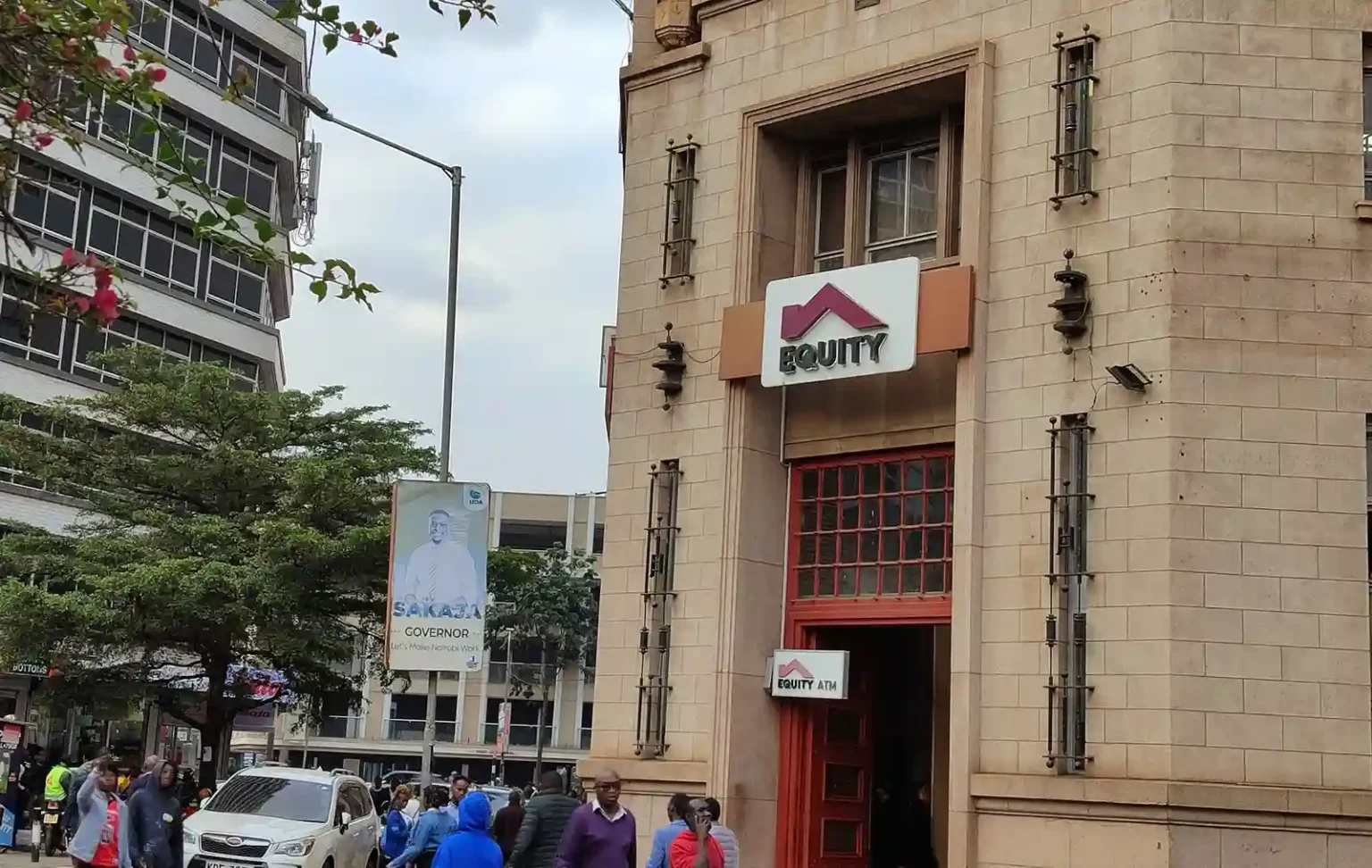Equity Bank has announced a reduction in interest rates for new and existing Kenya Shilling-denominated loans.
Effective February 13, 2025, for new loans, and March 1, 2025, for existing loans, all borrowers can expect a 300 basis point (3%) decrease.
This move aligns with the Central Bank of Kenya’s (CBK) recent decision to lower the Central Bank Rate (CBR) by 50 basis points to 10.75%. This marks the third consecutive rate reduction by Equity Bank in the past six months, following similar decreases in September and November 2024.
The revised Equity Bank Reference Rate (EBRR) stands at 14.39%, with individual customer margins applied based on their respective risk profiles.
Managing Director Moses Nyabanda says the importance of this move is in supporting businesses and households.
“We understand the financial pressures facing Kenyans today, and we’re committed to doing our part to ease that burden,” he stated. “This rate cut is about more than just lower interest rates; it’s about enabling Kenyans to invest in their businesses, support their families, and improve their livelihoods.”
Industry-Wide Trend
Equity Bank joins other leading lenders, including Kenya Commercial Bank (KCB) and Co-operative Bank, in responding to the CBK’s directive to reduce lending rates.
KCB lowered its base lending rate from 15.6% to 14.6% per annum, while Co-operative Bank reduced its Base Lending Rate from 16.5% to 14.5% p.a. with a customer-specific margin applied.
M-Oriental Bank also announced a rate reduction from 16.5% to 16.0% effective March 1, 2025.
| Bank | Initial Loan Rates | Current Loan Rates |
| M-Oriental | 16.5% | 16.0% |
| Co-operative | 16.5 % | 14.5% |
| KCB | 15.6% | 14.6% |
| Equity | 17.39% | 14.39% |
Supporting Economic Growth
In addition to the rate cuts, the CBK recently lowered the Cash Reserve Ratio (CRR) for banks to 3.25%, freeing up an estimated Sh57 billion for lending purposes.
These measures are part of the CBK’s efforts to stimulate economic activity, which has been experiencing a slowdown in recent months.
“The reduction in the CRR, coupled with expected ongoing liquidity support through open market operations is anticipated to unlock additional liquidity in the banking sector, thereby reducing the cost of funds across the industry. However, elevated credit risks, as indicated by high Non-Performing Loans at 16.4% in December 2024 may challenge success,” NCBA Bank said in its MPC reaction.
NCBA Group Pioneers Sustainable Development Impact Disclosure in Africa



